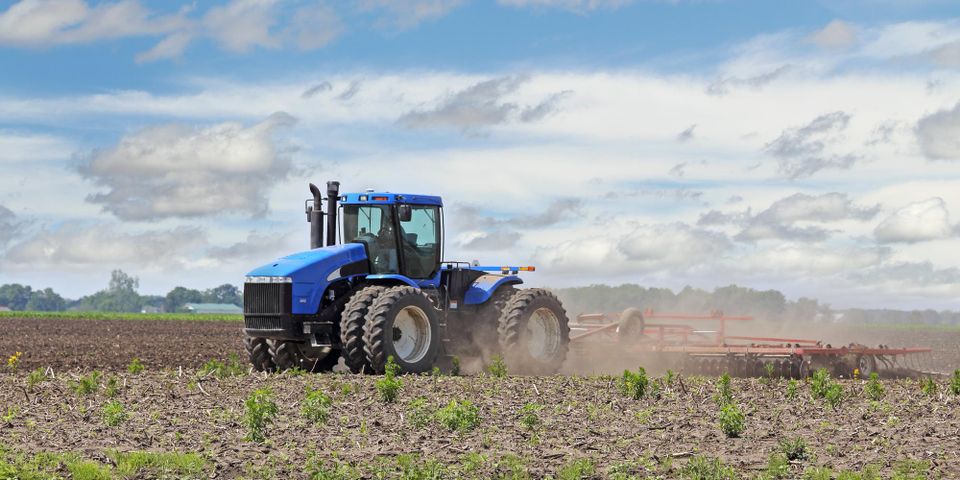The Differences Between Organic & Synthetic Fertilizer

Quality fertilizer is essential for a healthy lawn and garden. However, not all products offer the same features and benefits. Homeowners can choose between organic and synthetic options based on the specific needs of their property. To make an informed decision, here’s a guide that explains the differences.
What Is Organic Fertilizer?
Organic fertilizer is made from natural ingredients like food scraps, compost, and manure. These materials provide valuable nutrients like nitrogen, phosphorus, and potassium. They can even stimulate microorganisms in the soil so that they grow and continually provide nutrients and hormones that benefit plants, and they fight off diseases and pests.
The nutrients released by these natural materials stay in the soil for long periods so that they can be consumed by plants over time. Generally, this means organic fertilizers only have to be applied once per year since they provide the microorganisms that then continue adding nutrients throughout the rest of the growing season.
This also means it is nearly impossible to over-fertilize a lawn or garden. This fertilizer also has a more long-lasting impact because of its slow releasing nutrients, so you don’t need to reapply it as often. It’s also better for the environment since it doesn’t include chemicals or require extensive manufacturing.
What Is Synthetic Fertilizer?
 Synthetic fertilizer includes man-made chemicals like Ammonium Phosphate, Superphosphate, and Potassium Sulfate, which are usually produced as byproducts of petroleum. The petroleum is used to simplify the production process since the materials don’t need to be manufactured on their own. The fertilizer is quick and easy to apply since it generally comes in small, uniform pellets.
Synthetic fertilizer includes man-made chemicals like Ammonium Phosphate, Superphosphate, and Potassium Sulfate, which are usually produced as byproducts of petroleum. The petroleum is used to simplify the production process since the materials don’t need to be manufactured on their own. The fertilizer is quick and easy to apply since it generally comes in small, uniform pellets.
It also acts quickly since it includes the exact amount of nutrients that grass and other plants require to be broken down over time. The pellets start to stimulate growth and impact plants within 2 weeks, making them ideal for lawns or gardens that need to grow quickly.
The chemicals can spread to other areas, so synthetic fertilizers are not recommended for use near water wells or similar fixtures. You also need to reapply this type of fertilizer multiple times each season since the nutrients are absorbed quickly and don’t remain in the soil.
If you’re looking for any type of fertilizer, contact Bolivar Farmers Exchange in Bolivar, MO. The agricultural service produces its own fertilizer on-site and can help homeowners and farmers choose the options that work best for their needs. Serving Polk County since 1920, the company can even apply fertilizer for those with large farms or properties. Visit the website for a full selection of their fertilizers, or call (417) 326-5231 to inquire about their services.
About the Business
Have a question? Ask the experts!
Send your question

